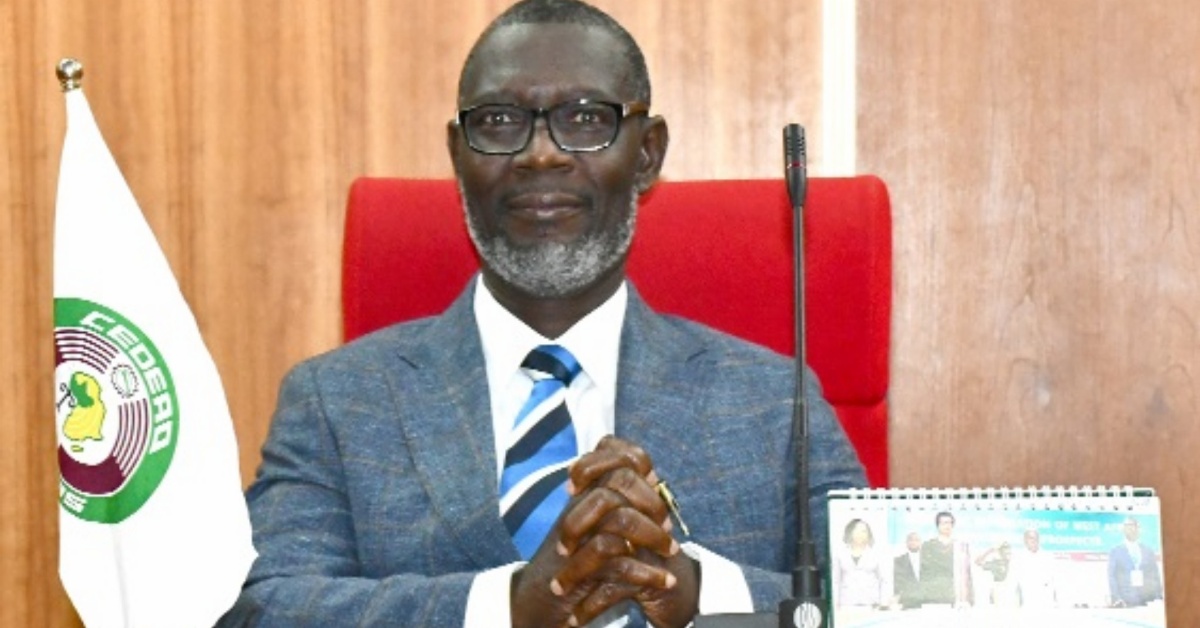On May 9, 2023, Justice Edward Amoaka Asante dismissed a case filed by Attipoe Kuaku and 11 others against the Republic of Sierra Leone. The case alleged violations of the right to a fair trial and the right to life. Justice Asante, the judge of the ECOWAS Court, concluded that the applicants did not meet the requirements to bring the action under Article 10(d) of the Court's Protocol. As a result, the application was deemed inadmissible and dismissed.
The Court referred to Article 10(d) and its criteria for admissibility, which included being a prima facie victim of the alleged violation, non-anonymity of the applicant, and the non-pendency of the application before another international court. In support of its decision, the Court cited a previous case, AZIAGBEDE KOKOU & OTHERS v REPUBLIC OF TOGO [2013] CCJELR 167, paragraph 18.
The Court specifically examined the requirement of victim status or standing for admissibility. It emphasized that the applicant must have a legal right or a protectable interest that has been negatively affected by the actions of the state. To support this point, the Court referred to the case AMNESTY INTERNATIONAL TOGO AND OTHERS v THE TOGOLESE REPUBLIC ECW/ CCJ/JUD/09/20, paragraphs 31-33.
The Court acknowledged that the interpretation of victim status is broad in international human rights law and the practices of various human rights bodies. In addition to direct victims, indirect victims may also be allowed to bring claims, especially when direct victims are deceased or unable to do so for other reasons. Indirect victims may include immediate family members or dependents of the direct victims. However, applicants claiming indirect victim status must provide evidence of their familial or close relationship to the direct victims.
In this particular case, the applicants claimed to be family members or close relations to the victims of the helicopter crash. However, they failed to present any supporting evidence such as marriage certificates, birth or adoption certificates, testamentary documents, affidavits, or statutory declarations to establish their relationships with the crash victims. Therefore, their statuses as indirect victims could not be verified for the purpose of admissibility.
Due to the lack of evidence, the Court could not accept the applicants' claims at face value. Consequently, the Court declared the application inadmissible based on the applicants' failure to provide evidence proving their indirect victim statuses. Therefore, Justice Asante ruled that the case was dismissed as inadmissible.

